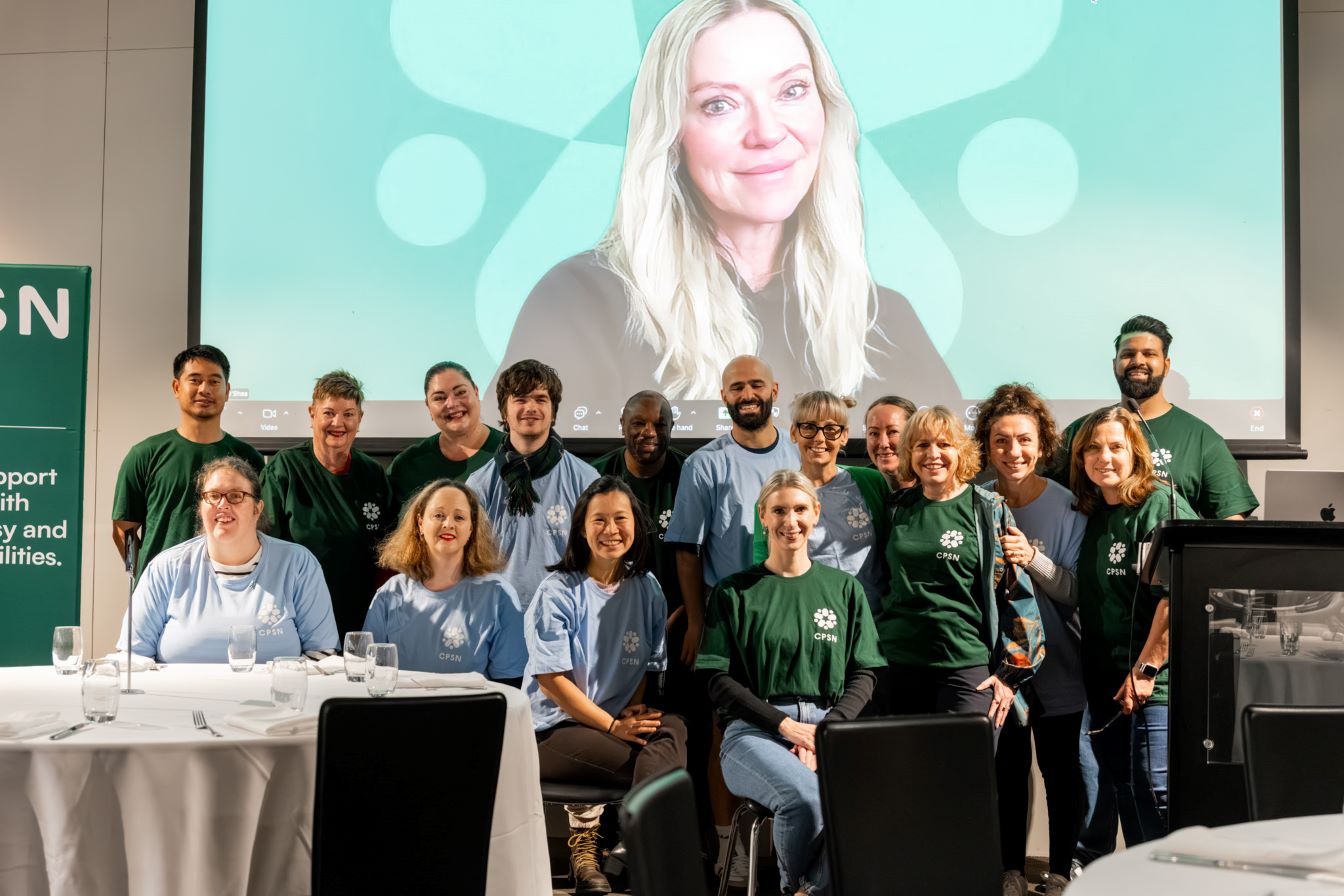Community Nursing has traditionally been linked with district nursing services and mainstream Healthcare. Initially, when the NDIS was introduced, few healthcare services, such as nursing, were funded. However, as the NDIS has progressed, the funding for Disability-related Healthcare services has expanded and continues to evolve.
Nurses promote health by assessing and creating Healthcare management plans, providing person-centered care, and advocating for healthcare equity, independence, and inclusion.
Nursing in the home can take various forms. It might involve a nurse visiting to manage wound care, administer injections, or help with diabetes management. For individuals with more complex medical needs, nursing care can assist high-intensity Support Workers, offering additional training and support. Nurses are also invaluable in assisting participants with preventive healthcare and promoting overall wellness, a topic we’ve covered in earlier articles, including CP Diaries.
Preventative Gealthcare, a cause I’m passionate about, focuses on maintaining good health. This includes regular health checks and taking proactive steps toward a healthy lifestyle, along with preventive tests such as mammograms and skin checks. A comprehensive health check is a great way to achieve this, and it can be performed by a Registered Nurse using NDIS funds. This collaborative health assessment allows the nurse to review the person’s health history, current status, risk factors (like smoking, alcohol use, weight, etc.), and preventive care history, ultimately generating a report that summarizes their current, past, and future health. This report should then be shared with the GP, who will evaluate it and organize any necessary follow-up tests.
Determining how to use your NDIS funds for nursing services can be confusing. The NDIS funds Disability-related health supports that directly address a participant's significant and permanent functional impairments and assist with activities of daily living. These supports can be provided in various settings, including the participant's home.
Nursing services can be funded under both Core-Assistance with Daily Living and Capacity Building-Improved Daily Living categories. The NDIS has duplicated nursing services across these funding categories to ensure greater access to nursing care.
Many Community nurses are now completing NDIS assessments previously conducted by OTs. These include assessments like the WHO Disability Assessment Schedule (WHODAS), the Care and Needs Scale (CAN), and the Life Skills Profile.
Nursing services have much to offer. CPSN has recently launched its new nursing services, led by me, Amy, to provide our clients and members with a wide range of support.
For more information, visit www.cpsn.org.au or call us at (03) 9478 1001. We're here to help.

Clinical Coordinator (Registered Nurse)
CPSN




